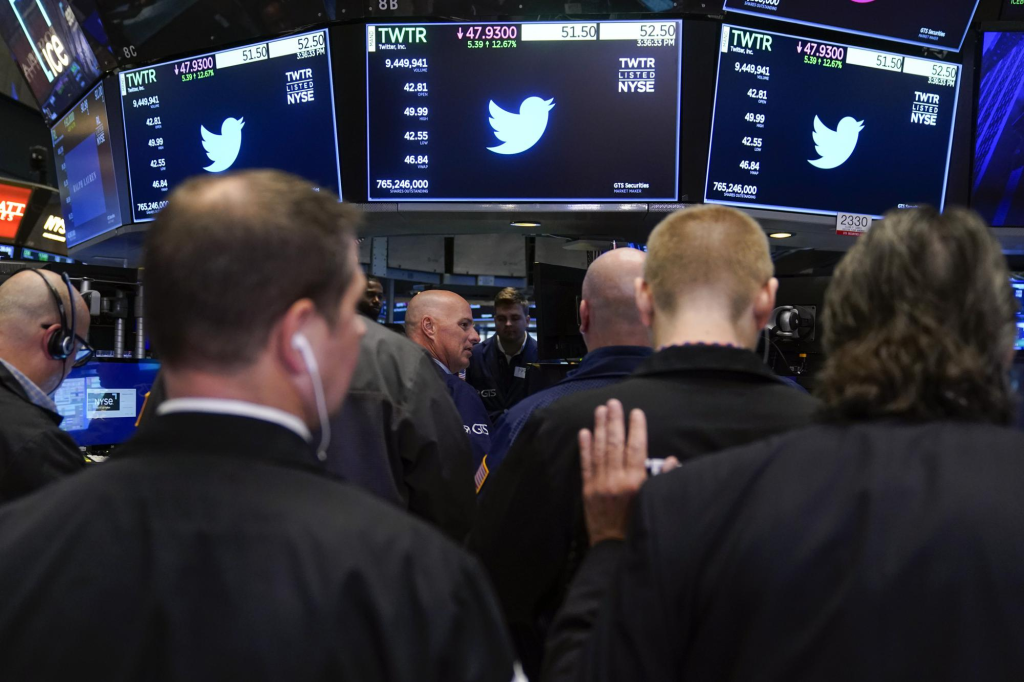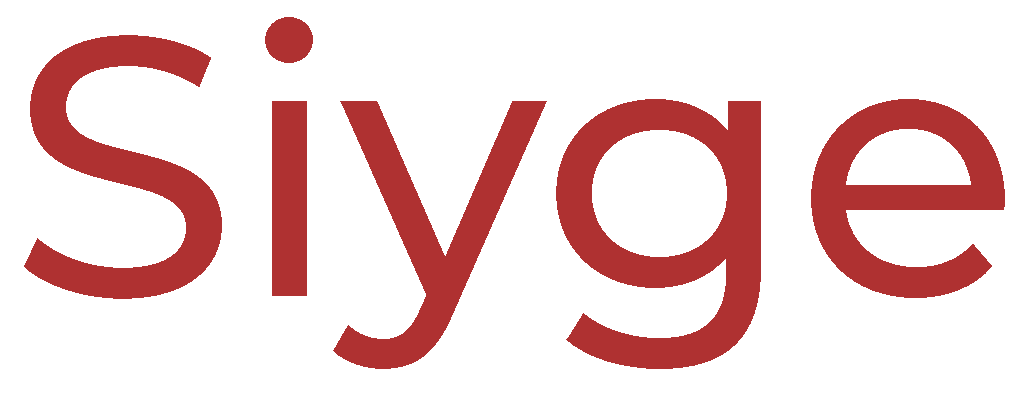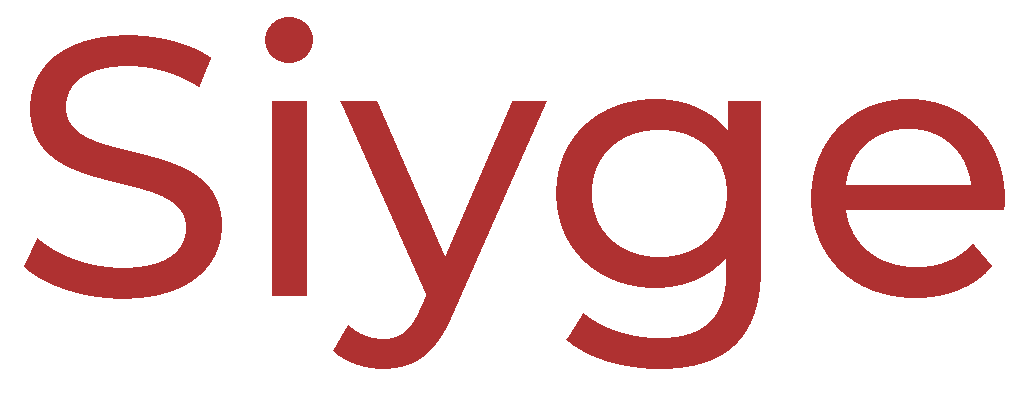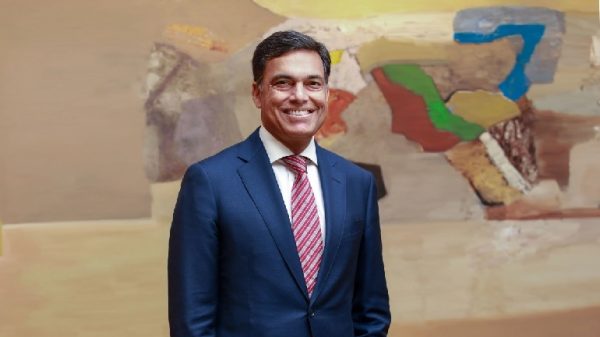Elon Musk made a combination of mistakes and gambles that did not pay off, making his hand appear weak at the Chancery Court trial in Delaware in less than two months.

It may have seemed like a shock to learn that Elon Musk had agreed to complete his $44billion deal to purchase Twitter.
It sent the shares of the social media platform soaring, which stoked alarm among media watchdogs and civil right groups concerned about how free speech would thrive on Twitter under Musk’s vision.
However, it was not surprising to those who followed the lengthy Twitter vs Musk legal rollercoaster. Twitter tried to force the world’s richest man to complete the buyout he tried to cancel. Musk had to face a lot of legal challenges in the months following his April initial offer to buy Twitter.
Musk made a few mistakes and gambled, but he also had potential advantages that did not pan out. This made Musk appear weak at the Delaware Chancery Court trial. It is scheduled to begin in less then two weeks. For the completion of the deal, he is requesting that the trial be stopped.
Musk had to be deposed by Twitter’s lawyers on Thursday.
What were the challenges, gambits and missed opportunities that came along this journey?
What was Musk’s primary argument for pulling out of Twitter’s acquisition?

Musk’s argument is based on the assertion that Twitter grossly misrepresented its measurement of spam bot accounts, which are not useful to advertisers.
But Kathaleen St. Jude McCormick (the court’s chief judge) apparently didn’t buy it. The judge focused on Musk and Twitter’s merger agreement, and whether any other changes had occurred since April.
Musk’s argument seemed to be supported by the whistleblower and former head of security at Twitter, Peiter “Mudge” Zatko. Peiter Zatko is a well-respected cybersecurity expert who filed complaints in July to federal regulators and The Justice Department alleging that Twitter misled regulators concerning its efforts at controlling millions of spam accounts, as well as its cyber defenses.
But Musk was not helped by Zatko’s disclosures, according to Brian Quinn of Boston College Law School. In the end, however, Quinn said that it didn’t change the legal landscape in any significant way.
Did Musk’s approach to purchasing Twitter help or hurt his case?
Quinn said that “he was quite cavalier.” Recent texts between Musk and others showed jubilation at Musk taking a large part in Twitter’s board and his participation. Quinn pointed out that this was only after he signed the merger deal in late April. Although this may not have impressed Quinn, it was the right approach for anyone buying a major business.
Why did Musk make a change in his mind?

Musk also had to face a rising interest cost with his Thursday deposition. A judge could force Musk to sign the agreement if he loses the trial. He could also make interest payments that would increase the price. Experts think that interest began to accrue in September.
However, the deal isn’t yet complete and there are legal hurdles to overcome. Given Musk’s track record of volatility, it would be mistake to assume it’s done.



















